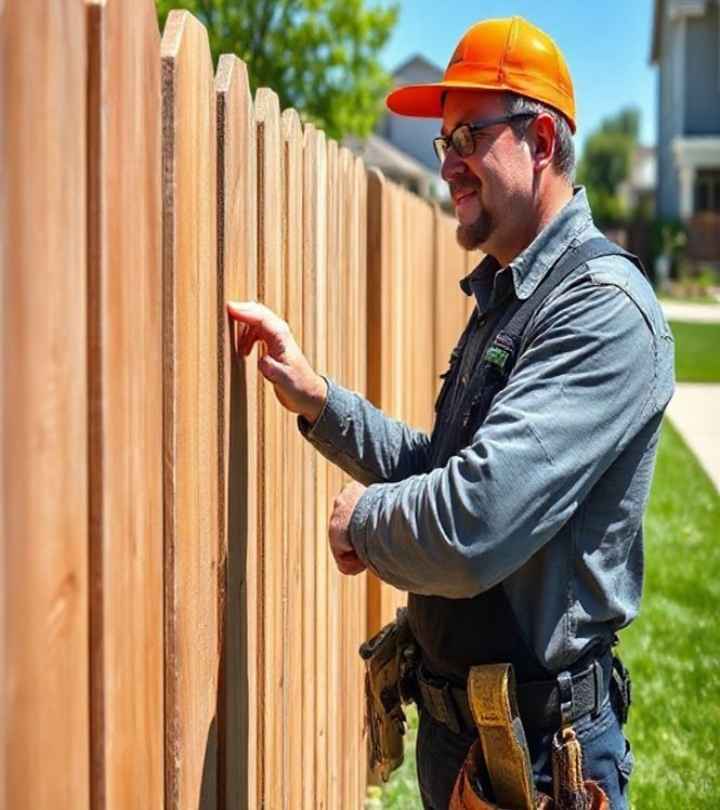Family Nurse Practitioners (FNPs) are Registered Nurses (RNs) who have obtained a master’s degree in nursing science specializing in family nursing. This gives them a wide scope of practice as they administer care to people of all ages, from newborn babies through end-of-life care.
Table of Contents
The role and work environment of an FNP
FNPs play an important role in the primary care of patients, enabling general practitioners to focus on more advanced cases. FNPs examine patients, make diagnoses, order tests such as X-rays and blood tests, analyze results, and refer patients to other physicians where necessary. They prescribe medication and treat injuries too.
FNPs can be found working in a range of different types of institutions: clinics and hospitals, nursing homes for elderly or disabled people, assisting primary care physicians in private practice, or working in their own practice. They can also be found working in communities where they provide valuable medical services in underserved areas. They establish day clinics and get involved in the education and well-being of community members. In outlying communities where medical help is limited and poverty is a problem, FNPs teach community members about healthy eating habits and encourage them to grow their own food.
They maintain contacts with local government and non-profit organizations to advocate for better facilities such as children’s day care centers, libraries, and adult training facilities. Through working with people of all ages and from a vast range of backgrounds, FNPs gain a huge amount of experience in community settings.
FNPs are in high demand and can find work in a variety of interesting settings. Nursing is an ongoing process of learning and personal growth. So, for individuals asking what is the role of a Family Nurse Practitioner (FNP), an online Master of Science in Nursing (MSN) with Carson-Newman Christian University will enhance their professional status and help them achieve personal goals. The MSN course at this university also features online coursework, so RNs can maintain their current work commitments while studying flexibly.
Religions and cultural beliefs within medical settings
Many of the patients that FNPs see in their daily practice are from different cultural and religious backgrounds. Culture and religion are often closely related, as religious ideas become part of the culture and cultural practices often become part of the religion, and they may differ from one geographical location to the next.
Some religions can be very specific regarding healthcare, ruling out certain medical practices, some of which can be instrumental in saving the patient’s life. Where religious laws are opposed to a life-saving treatment, a caring FNP will sit down with the patient and family and discuss their options openly, giving them all the facts while showing empathy and understanding. Ultimately, the decision is up to the patient or family and sometimes they will decide to set aside religious laws if they believe that the proposed medical procedure is in the patient’s best interests.
Certain foods are taboo in many religions as well, while others relate more to the culture than the religion. It helps the FNP to familiarize themselves with religious laws and cultural differences and understand the reasons behind them. When consulting with a new patient whose religion is unfamiliar, an open and honest conversation about religion can help to break the ice between the nurse and patient. It should not sound like an inquisition but rather an informal conversation in which the nurse and patient share information and interesting facts about their respective religions. Nurses therefore need to understand and be comfortable with their own religion or spirituality before they can share this information with their patients. Striking up a casual conversation about the differences and similarities helps the patient feel at ease and is more likely to get them to discuss their doubts and fears.
The FNP may know the basics of the patient’s religion, but there are often varying ethnic differences, such as different sects within the religion. Therefore, it is important to discuss with the patient to ensure that their wishes are met.
Food may be another point of difference in the clinical environment, as many religions have dietary laws based on ethical or health reasons. Again, some patients won’t mind setting their practices aside, but most will feel uncomfortable eating food that is forbidden by their religion. Hospitals try to accommodate the various religious laws with a questionnaire that is completed by the patient or a family member during admission to the facility.
FNPs need to be mindful of these differences and make sure the patient is being cared for within their religious and cultural boundaries. If a critically ill patient is admitted to the hospital during a fasting period, the doctor or FNP treating the patient should ask the family whether it is permissible to administer treatments that include intravenous drips and blood transfusions.
Prayer times may also impact hospital routines. Nursing staff must make allowances in these cases and schedule procedures around prayer times where possible.
Family dynamics
Family support is an important part of the healing process for patients lucky enough to have caring families. A familiar voice and reassuring touch from a loved one can make a huge difference in the patient’s well-being and could improve communication lines between medical staff and the patient. In the absence of family members, a caring and supportive friend can be involved on the same level a family member would.
FNPs make sure that the patient and family members understand the nature of the patient’s condition and its implications. They involve the family members in the decisions around the patient’s treatment and keep them informed about their progress.
Families can be involved in the recovery process too, as FNPs educate them on the administration of medication, exercise, and diets specific to the patient’s condition. Once the patient is discharged, they may contact the FNP with questions regarding the patient’s recovery.
Continued education as a nurse
Nursing is a dynamic and interesting profession that supports lifelong learning and self-improvement. Continued education is essential if nurses are to keep up with developments in science and technology, as well as changes in healthcare best practices. RNs looking to become FNPs can embrace the opportunities at hand and enjoy a rewarding future.










